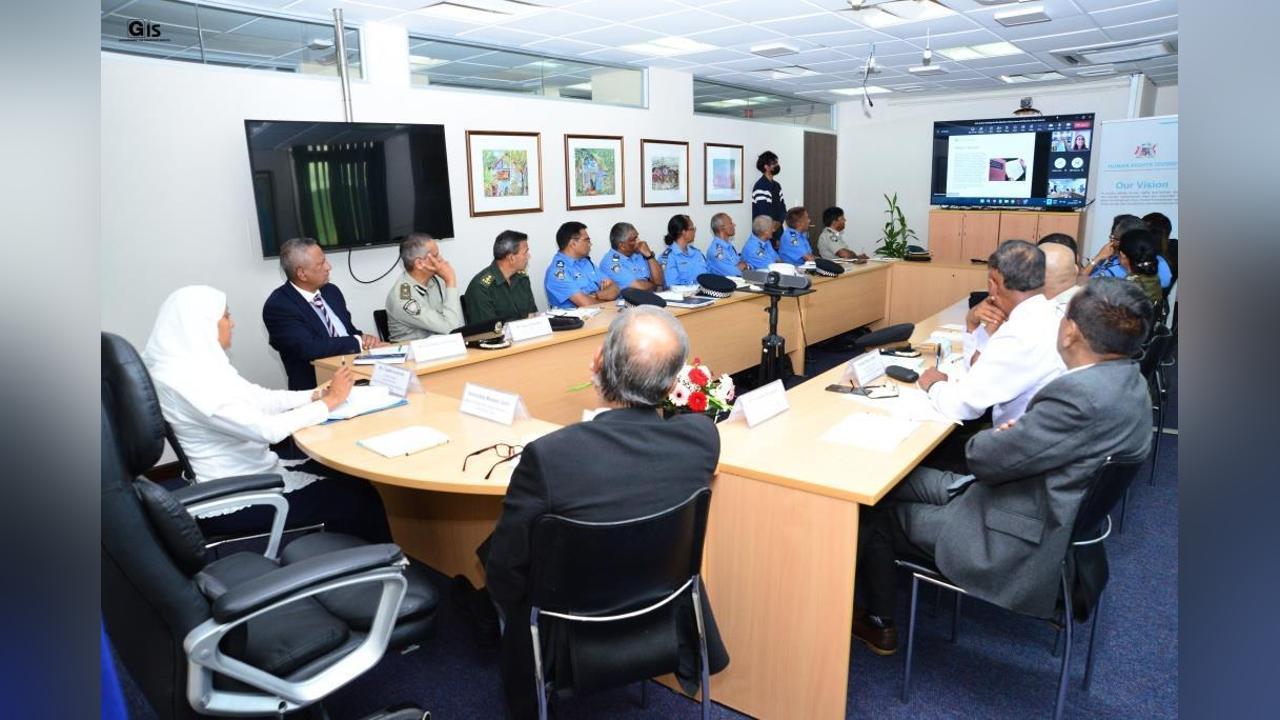Africa-Press – Mauritius. An Anti-Torture Frameworks Virtual Training was held, yesterday, at the seat of the Ministry of Foreign Affairs, Regional Integration and International Trade in Port-Louis.
The aim was to reinforce the understanding of torture and other cruel, inhuman and degrading treatment or punishment in Mauritius amongst police and prisons officers as well as to strengthen practice, policy and institutional frameworks to prevent torture and other cruel, inhuman or degrading treatment and punishment in Mauritius.
The Permanent Secretary, Human Rights Division of the Ministry of Foreign Affairs, Regional Integration and International Trade, Mrs Auladin Auckburally, made the introductory remarks.
In her intervention, she highlighted that Mauritius has been a party to the Convention against Torture and Other Cruel, Inhuman or Degrading Treatment or Punishment, also known as the CAT Convention since December 1992.
Mauritius also ratified the Optional Protocol to the Convention against Torture and other Cruel, Inhuman or Degrading Treatment or Punishment in June 2005, she said.
She indicated that the Constitution of Mauritius upholds human rights by prohibiting torture or inhuman or degrading punishment or other such treatment to any person and advocates equality for each and everyone.
Further to the Constitution, the Convention has been domesticated in various legislations that criminalise acts of torture, namely, the Criminal Code and the Protection from Domestic Violence Act amongst others, she pointed out.
Additionally, she mentioned that in 2012, the National Assembly enacted the National Preventive Mechanism Act which provides for the establishment of the National Preventive Mechanism Division under the aegis of the National Human Rights Commission.
The National Preventive Mechanism Division was subsequently established in 2014 and has been entrusted with the responsibility to visit places of detention to ensure that detainees are protected against torture; investigate any complaint made by detainees; submit proposals and observations concerning legislation on places of detention; make recommendations on improving the conditions of detainees; and ensure compliance with the relevant norms of the United Nations, she underscored.
For More News And Analysis About Mauritius Follow Africa-Press







